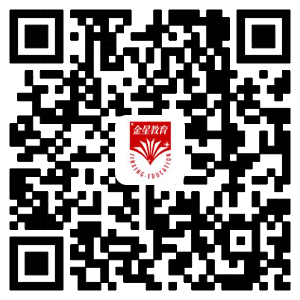1.作情态动词:通常用在疑问句、否定句中,或与条件句、whether, hardly, nobody等连用。如:
Need he go so soon?他这么快就要走吗?
He needn’t go. 他不必走。
If she wants anything, she need only ask. 她想要什麽, 只需说一声就行。
He wondered whether they need go there. 他不知道他们是否需要去那里。
Nobody need be afraid of catching the disease. 谁都不用害怕能得这种病.
注意:
a. 因 need 不能用于肯定句,因此肯定回答要用 must。如:
—Need I stay here any longer? 我需要在这呆下去吗?
—No, you needn’t. 不需要。
—Yes, you must. 是的,需要呆下去。
b. need have done 的否定式或疑问式,表示“本来不必做某事,但事实上却做了”。如:
She needn’t have come in person a call would have been enough. 她本不必亲自来——打个电话来就足可以了。
Need you have paid so much?你当时真须要付那麽多钱吗?
2.作行为动词:可用于疑问句、否定句和肯定句。如:
Does he need to go so soon?他这么快就要走吗?
He doesn’t need to go. 他不需要走。
He needs to go. 他想走(from www.yygrammar.com)。
They need our help. 他们需要我们帮助。
注:作行为动词的need后可接动名词的主动式表示被动含义。如:
The garden needs watering(=to be watered) . 花园该浇水了。
3.还可作名词:表示“需要, 必需, 必需品”等。如:
The doctor told me I was in need of a good rest. 医生说我需要好好休息。
There is no need for you to go. 你没有必要去。
Our needs are modest. 我们的必需品是谦虚。
